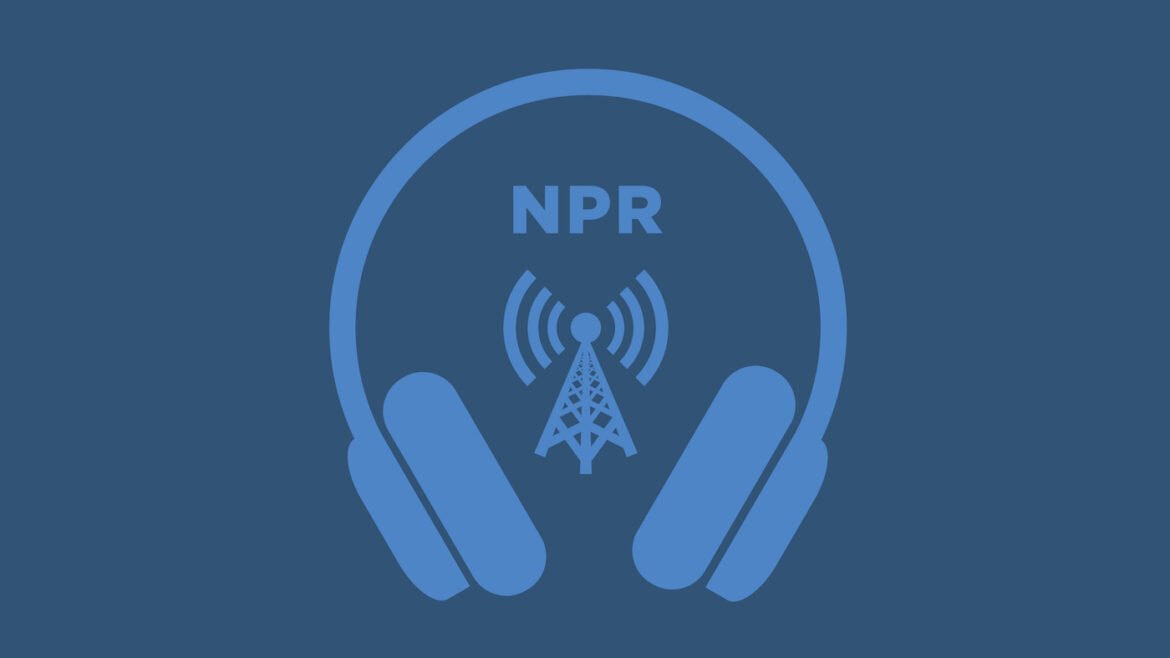The FDA’s top vaccine regulator says he was forced out by the Trump administration and criticizes HHS Secretary Robert F. Kennedy Jr.’s “misinformation and lies” about vaccines.
EMILY KWONG, HOST:
The Trump administration has forced out the top vaccine regulator at the Food and Drug Administration. And on the way out, Dr. Peter Marks delivered scathing criticism of Health Secretary Robert F. Kennedy Jr. NPR health correspondent Rob Stein joins us now with the details. Hi, Rob.
ROB STEIN, BYLINE: Hey, Emily.
KWONG: All right. Let us start with who the FDA official is that we’re talking about here.
STEIN: Yes. As you said, his name is Dr. Peter Marks, and he may not be a household name, but he’s a big deal in the medical world. He led the FDA’s powerful Center for Biologics Evaluation and Research under both Presidents Trump and Biden, regulating everything from cutting-edge gene therapies to vaccines. In fact, he played a huge role in President Trump’s Operation Warp Speed, which produced the COVID-19 vaccines. And as we know, those vaccines are credited with saving many lives, but they also became very polarizing.
And late Friday, Marks revealed that he had been forced out of the FDA. NPR obtained a copy of his resignation letter, which, as you said, contained scathing criticism of his new boss, Robert F. Kennedy Jr. It’s an extraordinary rebuke.
KWONG: What did Marks say?
STEIN: Dr. Marks made it clear that while he tried to work with Kennedy, he just couldn’t do it because of the secretary’s views about vaccines. Let me read a little of what Dr. Marks says in his resignation letter. Quote, “it has become clear that truth and transparency are not desired by the secretary, but rather, he wishes subservient confirmation of his misinformation and lies.”
In particular, Marks says he’s worried because the nation is fighting a big outbreak of measles in Texas and elsewhere. Kennedy has been promoting alternative treatments for measles, and Marks says Kennedy is undermining confidence in safe and effective vaccines and is, quote, “irresponsible, detrimental to public health and a clear danger to our nation’s health, safety and security.”
KWONG: Rob, this isn’t the only move the new administration has taken about vaccines, right?
STEIN: That’s right. Marks’ departure is just the latest high-ranking government scientist to be forced out by the Trump administration, and this comes in the midst of a series of steps Kennedy has taken that has set off alarm bells among public health experts. Kennedy has postponed or canceled important meetings by independent vaccine advisers to the CDC and FDA. He’s canceled NIH grants for vaccine research, and he just tapped a well-known antivaccine advocate to conduct yet another study of vaccines and autism, even though that link has been debunked.
KWONG: Rob, what have been the reactions to Dr. Marks’ departure?
STEIN: You know, I have to say it’s been dismay that’s been pouring in from medical experts around the country. I talked today with Dr. Paul Offit. He’s a vaccine expert at the University of Pennsylvania who served for years as an FDA adviser and sometimes clashed with Marks. Let’s listen to a little bit of what he had to say.
PAUL OFFIT: I give Peter Marks credit. I think he was unwilling to bend a knee to RFK Jr’s misinformation campaign. And now, I think with Peter Marks gone, it’s like the fox guarding the henhouse. This is a sad day for America’s children.
KWONG: What does the administration have to say?
STEIN: An HHS official released a statement that says, if Marks, quote, “does not want to get behind restoring science to its golden standard and promoting radical transparency, then he has no place at FDA under the strong leadership of Secretary Kennedy,” unquote.
KWONG: That is NPR health correspondent Rob Stein. Thanks, Rob.
STEIN: You bet, Emily.
(SOUNDBITE OF MUSIC)
Copyright © 2025 NPR. All rights reserved. Visit our website terms of use and permissions pages at www.npr.org for further information.
NPR transcripts are created on a rush deadline by an NPR contractor. This text may not be in its final form and may be updated or revised in the future. Accuracy and availability may vary. The authoritative record of NPR’s programming is the audio record.


